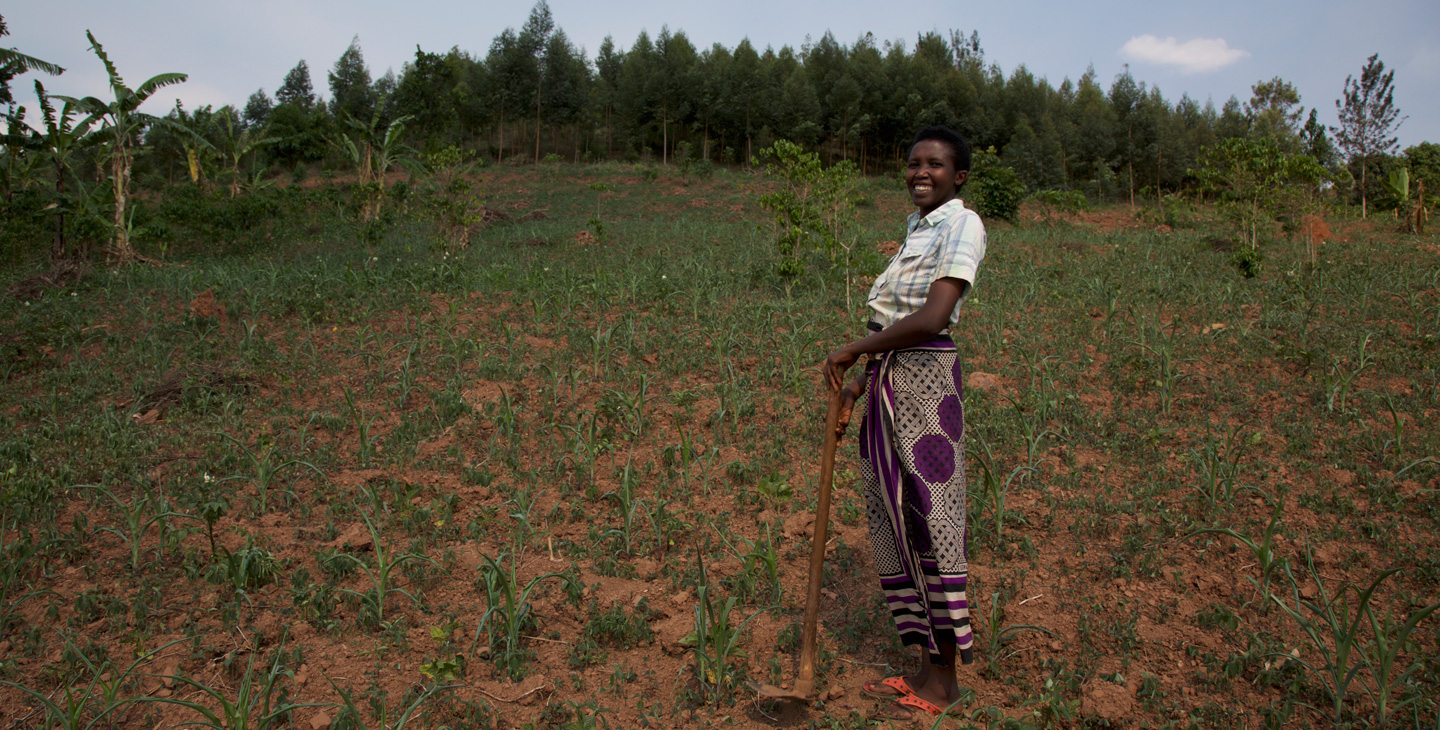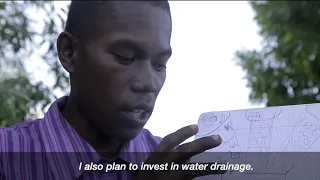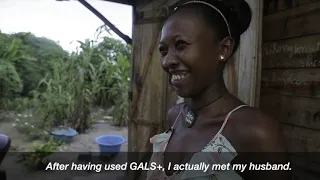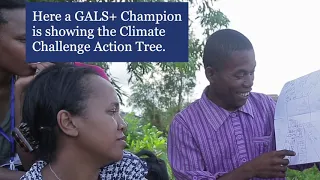Adaptation for Smallholder Agriculture Programme (Phase 2)
The second phase of the Adaptation for Smallholder Agriculture Programme (ASAP2) focuses on providing technical assistance for policy and operational issues. ASAP2 promotes climate resilience by mobilizing resources, supporting capacity-building and tapping into other funding sources. Activities include:
- Deploying technical experts, such as environmental economists and climate scientists, to programme countries.
- Generating research on climate risks and the opportunities of IFAD projects.
- Climate risk mapping based on geographic information systems in project areas.
- Developing resilience baselines through participatory processes.
- Mobilizing stakeholders, such as the private sector, to support climate integration and co-financing.
- Building awareness of projects within national climate policy dialogues.
- Training IFAD staff, consultants, project teams and government partners on climate-related issues.
Through this technical assistance, ASAP2 ensures that projects are risk-informed and climate-inclusive. A range of tools were developed to guide climate-informed investments, including the Climate Adaptation in Rural Development (CARD) tool which estimates yield changes due to climate change and the How to do Note on the Resilience Design and Monitoring Tool (RDMT).




